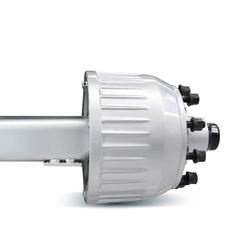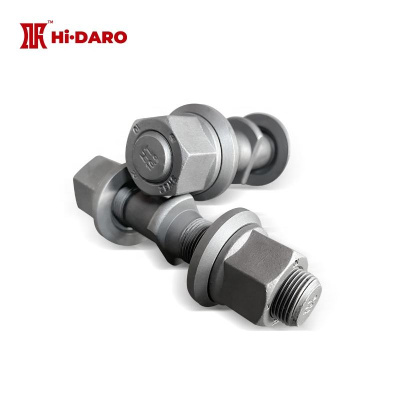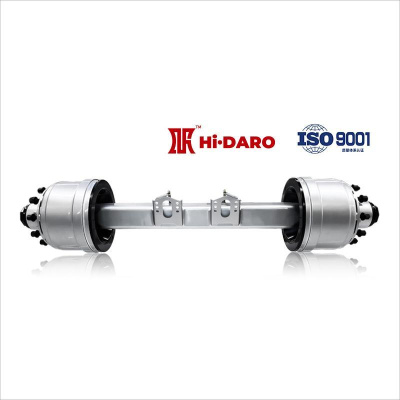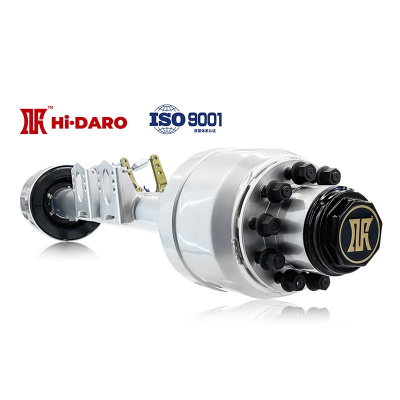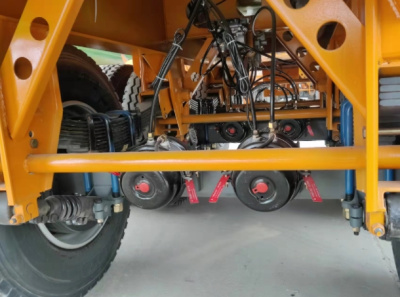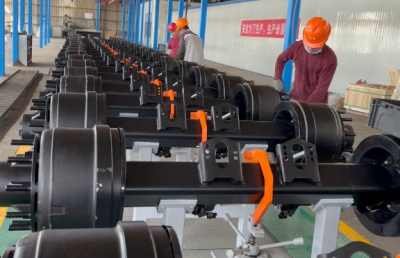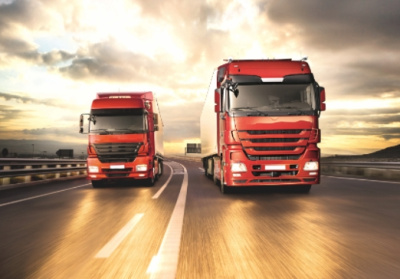¿Vale la pena adquirir el valor de los camiones pesados de gas natural?
Los camiones pesados de gas natural se refieren a un tipo de vehículo que utiliza gas natural como combustible y lo reemplaza. Su combustible generalmente se puede dividir en dos tipos: GNL (gas natural licuado) o GNC (gas natural comprimido).
Con el aumento continuo de los precios del diésel y los crecientes costos operativos de los camiones pesados de combustible tradicional, junto con el predominio de las nuevas tendencias energéticas en los vehículos, muchos propietarios de automóviles han centrado su atención en los camiones pesados de gas natural cuando compran automóviles.
Según datos relevantes, las ventas de camiones pesados domésticos de gas de eje de remolque natural aumentaron un 11 % mensual y un 166 % interanual en junio de este año. Este es también el quinto mes consecutivo en que el mercado de camiones pesados a gas natural ha logrado un crecimiento mensual y año tras año. No es una exageración decir que los camiones pesados a gas natural casi se han convertido en una fuerza importante que impulsa la recuperación del mercado de camiones pesados.
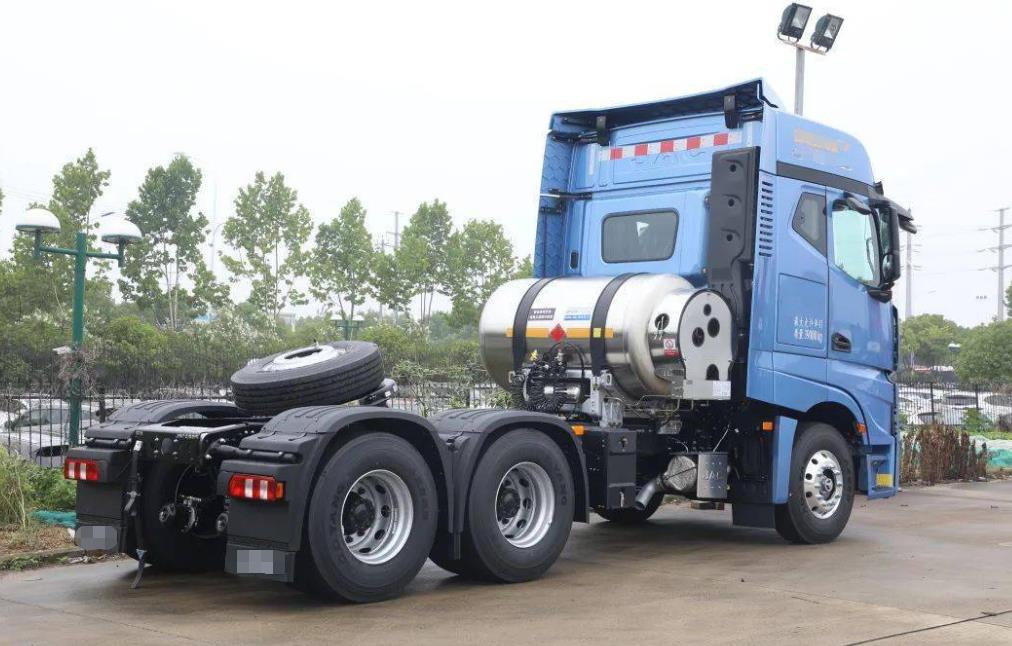
So, is it worth starting with natural gas heavy-duty trucks? This also starts from the advantages and disadvantages of natural gas heavy-duty trucks themselves.
Advantages of natural gas heavy-duty trucks:
1. Fuel prices are cheaper:
In general, natural gas prices are cheaper than diesel, especially in the current context of rising fuel prices. In terms of vehicle fuel alone, natural gas heavy-duty trucks can save a lot compared to traditional fuel vehicles.
2. More environmentally friendly:
As a clean fuel vehicle, natural gas heavy-duty trucks have advantages such as clean environmental protection, good economy, and low operating costs. Under the same conditions, the emission pollution of natural gas heavy-duty trucks is much lower than that of diesel vehicles. The carbon dioxide, carbon monoxide, and hydrocarbons in the exhaust are significantly reduced compared to diesel vehicles, and there are basically no harmful substances such as sulfides and benzene.
3. Protecting the engine:
Natural gas burns more completely and cleanly in the engine, which is less prone to carbon accumulation. It can greatly reduce the wear of parts in the engine cylinders, extend the engine's service life, and reduce vehicle maintenance or repair costs.
4. High ignition point and low temperature resistance:
The ignition point of natural gas is high, above 600 ℃, and it is not flammable. In cold weather conditions, there is no wax formation in diesel, and there is no need for oil heating. Additionally, it has good low-temperature starting performance.
5. Not afraid of 'fuel consumers' stealing oil:
Natural gas is not something that can be stolen if eje del remolque you want to. When car owners are tired, they can stop and rest without worrying about fuel theft or sleeping on the fuel tank in cold weather.
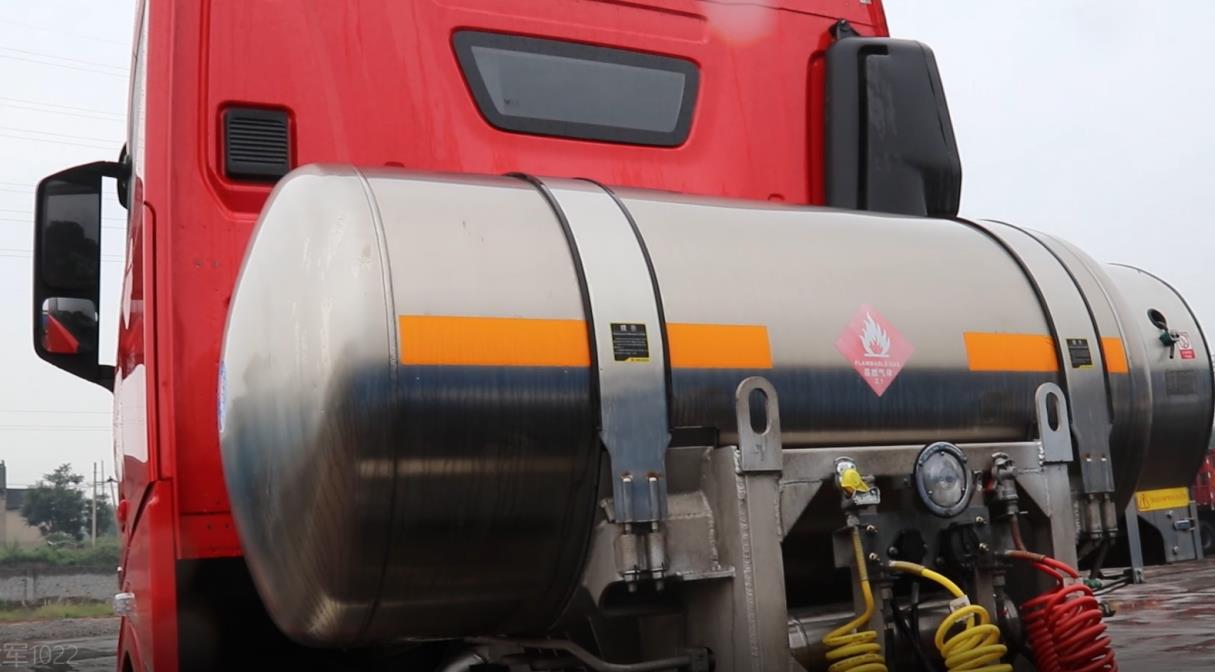
Disadvantages of natural gas heavy-duty trucks:
1. Poor coverage of gas stations:
At present, the coverage rate of gas stations in China is far lower than that of gas stations. Once car owners have traveled a long distance, they must always calculate their fuel mileage and plan their routes.
2. High selling price and long payback period:
At present, the price of natural gas heavy-duty trucks is generally higher than that of gasoline vehicles. Even if modified, such as replacing the engine, installing gas storage tanks, pressure reducing valves, mixers, etc., the price is probably tens of thousands of yuan. Under the same horsepower configuration, natural gas heavy-duty trucks have a longer payback cycle than fuel heavy-duty trucks. If the supply of goods is stable, this is not a problem, but when the market situation deteriorates, car owners may face greater pressure to pay back.
3. High maintenance costs:
According to some car owners, repairing a heavy truck with natural gas costs at least over a thousand yuan, resulting in higher maintenance costs.
4. Insufficient power:
Especially at present, most engines of natural gas heavy-duty trucks are modified from original diesel engines. After switching to natural gas, the power often decreases by about 10% -20%, which to some extent leads to the phenomenon that car owners claim to be sluggish climbing and slow acceleration response.
5. Not suitable for long-distance transportation:
After filling up the fuel tank of a heavy truck, it is basically not a problem to run for over one or two thousand kilometers, but a natural gas heavy truck of the same specification can run for about a few hundred kilometers even if it is fully charged.
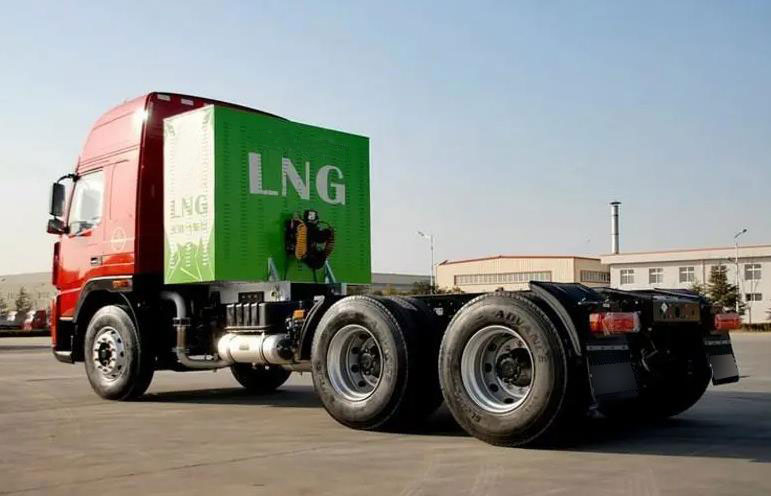
Vale la pena señalar que los costos operativos de los camiones pesados a gas natural no son fijos y están estrechamente relacionados con los precios del gas. Por ejemplo, en la segunda mitad de 2017, debido al impacto del gas de calefacción, los precios del GNL aumentaron significativamente, lo que resultó en un aumento significativo en los costos operativos del eje del remolque de los camiones pesados a gas natural. Incluso ha habido casos de camiones pesados de gas natural cerrados en el mercado.
Además, el tanque de almacenamiento de gas de los camiones pesados de gas natural no debe tener menos de
